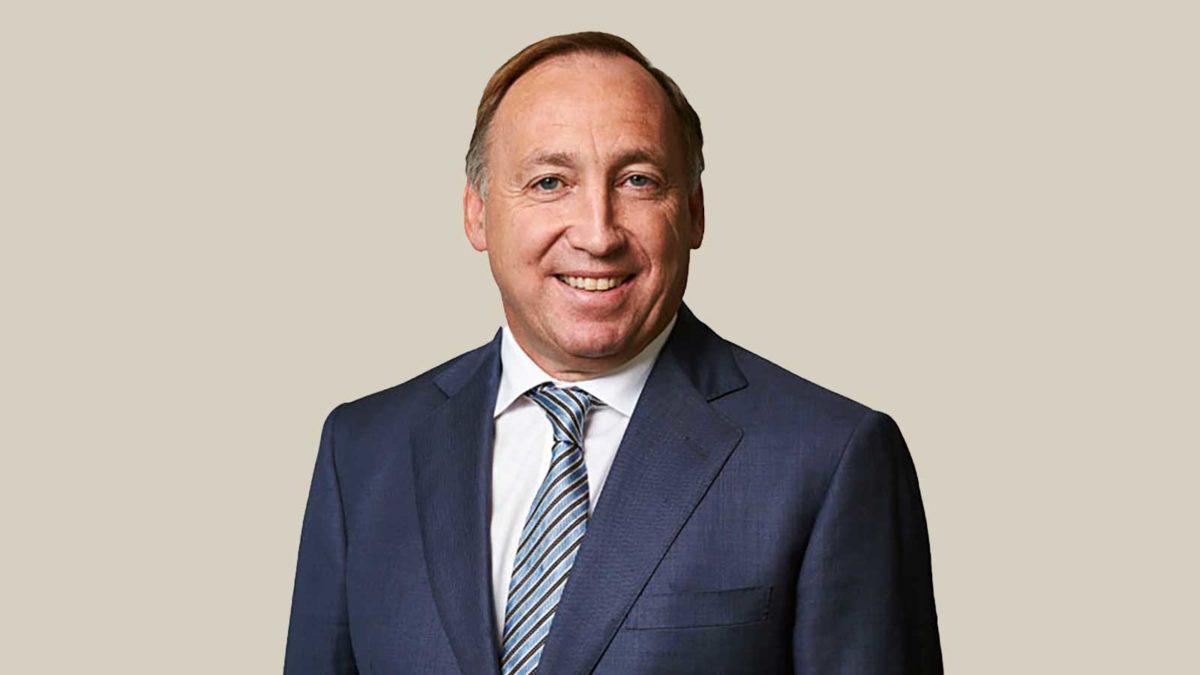‘There’s no point being cheap if you’re crap’: Delaney
AustralianSuper is no longer the underdog. The question is what becomes of the industry fund culture when industry funds “are the status quo”.
As Australia’s first $200 billion+ megafund, AustralianSuper is no longer the upstart born of the 2006 merger of the Australian Retirement Fund (ARF) and the Superannuation Trust of Australia (STA). It’s also no longer led by Ian Silk, who announced his retirement from the CEO role in June of this year. With the old guard heading for the exit, and the fund itself now one of the dominant players in the Australian financial landscape, chief investment officer Mark Delaney has recently been reflecting on how to preserve the culture that got it there in the first place.
“When you go back to 2000, these funds were challenger funds. There were out there to stabilise the status quo. They were out there to change how super was run and really make a difference. Now these funds are the status quo,” Delaney told the AIST’s Superannuation Investment conference. “So we have to find something – that spark, that motivation – to really drive us. You want to make a difference; you want to create a better world. Better investment returns is one of those things, but we need something else to really drive and motivate the next generation.”
Delaney believes that at least one part of that will be investments that can make a difference to society and retirement “at the same time” – citing AustralianSuper’s own investments in Assemble, a housing developer with a portfolio of ‘rent to buy’ property that it believes can address housing affordability and access to home ownership – but the key idea to keep in mind is still the fact that super funds are dealing with “somebody else’s money”.
“When people came to industry super in the late 90s and early 2000s, they came with the core idea that fees were too high and that they could build a better model. That was the single motivating thing. They thought they could do better. And fees have come down a lot since then, while returns have gone up – so the core idea has been the right idea.”
Of course, there are parts of the world where AustralianSuper is still the underdog. While the fund has 1000 odd employees in Australia, it’s still a small fish in an enormous global pond.
“We’ve got 50 staff in an office in London – that’s a floor and a bit. You won’t even be noticed. So we need to do the same thing we did when we started off: hire people who are experienced, who have got networks; be aware of how deals originate; and then have the capability to be a good, and viable partner when the deals come up,” Delaney said.
“The most important thing is getting the culture right – because if we don’t get that right, we won’t have sustainable long-term performance. So getting people to believe in what we’re doing by investing for the long-term makes a massive difference.”
Delaney says that AustralianSuper is aiming to inhouse around 75 per cent of its investment functions as it approaches the $500 billion FUM milestone. While internal management is substantially cheaper, Delaney says the fund couldn’t and wouldn’t go to 100 per cent because “There’s no point in being cheap if you’re crap.
“You’ve got to be good at what you do, otherwise you’ve defeated the purpose and so we need to hire people who can do the job well and pay what’s required to get those people,” Delaney said.
“AustralianSuper has some attractive characteristics… but when you get to international markets, a lot of those factors dissipate. We’re not that well known as a brand, so internationally we’ll have to pay more than what we do domestically. But we want to pay the minimum we have to to get the job done well. Talented people do cost money, unfortunately.”










